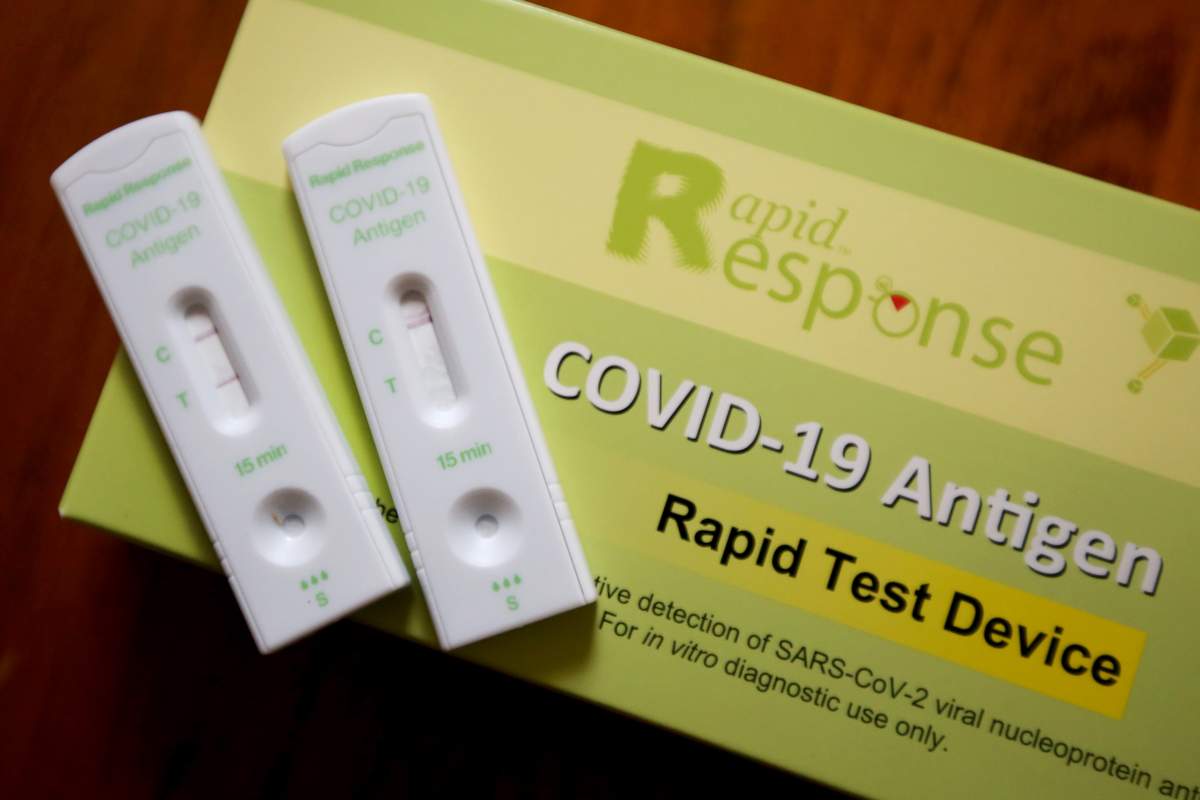BTNX, the Canadian rapid test supplier that won an estimated $2 billion in federal contracts, denied that Health Canada used BTNX’s edited study to evaluate the rapid test kit that the federal government later purchased.

A year-long investigation into federal procurement published by Global News on Thursday revealed that Toronto area-based BTNX deleted dozens of specimens, or samples, from a study it submitted to Health Canada. That evaluation showed how well the company’s test detected COVID-19.
“The study that Global News cited was not relied on by Health Canada,” BTNX wrote Friday in response. “All relevant data was submitted in accordance with industry standards.”
Health Canada’s response noted that Global News’ reporting had revealed possible issues with the study. But “because of a technical problem,” wrote Health Canada spokeswoman Anne Génier, the data “was not considered in the assessment.”
Both BTNX and Health Canada instead pointed out that the study was part of a larger 300-page package of evaluations of the test’s performance. This comprehensive information was the foundation of the regulator’s analysis, noted Health Canada.
According to Health Canada’s remarks, the other evaluations BTNX offered to Health Canada were “congruent with” the devices’ actual performance. As long as Canadians follow the instructions in the kit, including repeated testing and confirmation at a lab, wrote the regulator, the devices would remain reliable.

Get breaking National news
As part of its investigation, Global News obtained BTNX’s application to Health Canada for authorization to sell the product.
The documents revealed that Health Canada considered the edited data and made a technical objection to part of it involving the evaluation of a throat swab. It did not object to data describing an invasive nasal swab.
In response to the objection, BTNX agreed to remove the edited study from the kit’s instructions for use.
In response to Global News’ questions, BTNX described its tests as “a reliable testing tool for Canadians.”
For its part, Health Canada said it found no reason to question the scientific integrity of the studies BTNX submitted.

A group of infectious disease experts and researchers Global News engaged to review the evaluations raised questions about the overall accuracy of the information BTNX offered.
According to information Global News gathered from leading regulators’ evaluations of the tests, the device could detect the virus in users who were the most contagious, these researchers said. The results indicated, though, that BTNX’s test was much less dependable in all other cases.
This meant the test kit was more likely to produce false-negative results which, many experts said, put Canadian lives at risk. Health Canada and the Public Health Agency of Canada bought 404 million tests from BTNX, contained in the lime-green kits that became ubiquitous during the pandemic.
In its press release, BTNX also argued that the comparison Global News prepared of the company’s results versus those found by leading regulators was inaccurate. For example, the German health ministry used frozen samples.
“BTNX’s tests were only intended to be used on fresh samples per Health Canada and U.S. (Food and Drug Administration) recommendations,” the company wrote about the German health ministry’s results.
BTNX’s comments about frozen samples are not consistent with testing standards followed by regulators around the world, according to Global News’ reporting. Regulators, including Health Canada, use frozen samples in their mass evaluations of rapid tests.
In response to Global’s questions about Health Canada’s contracts to buy the 404 million BTNX tests, Prime Minister Justin Trudeau said that “there’s lots more to learn, and we will be following up on all lessons we need to learn.”








Comments
Want to discuss? Please read our Commenting Policy first.